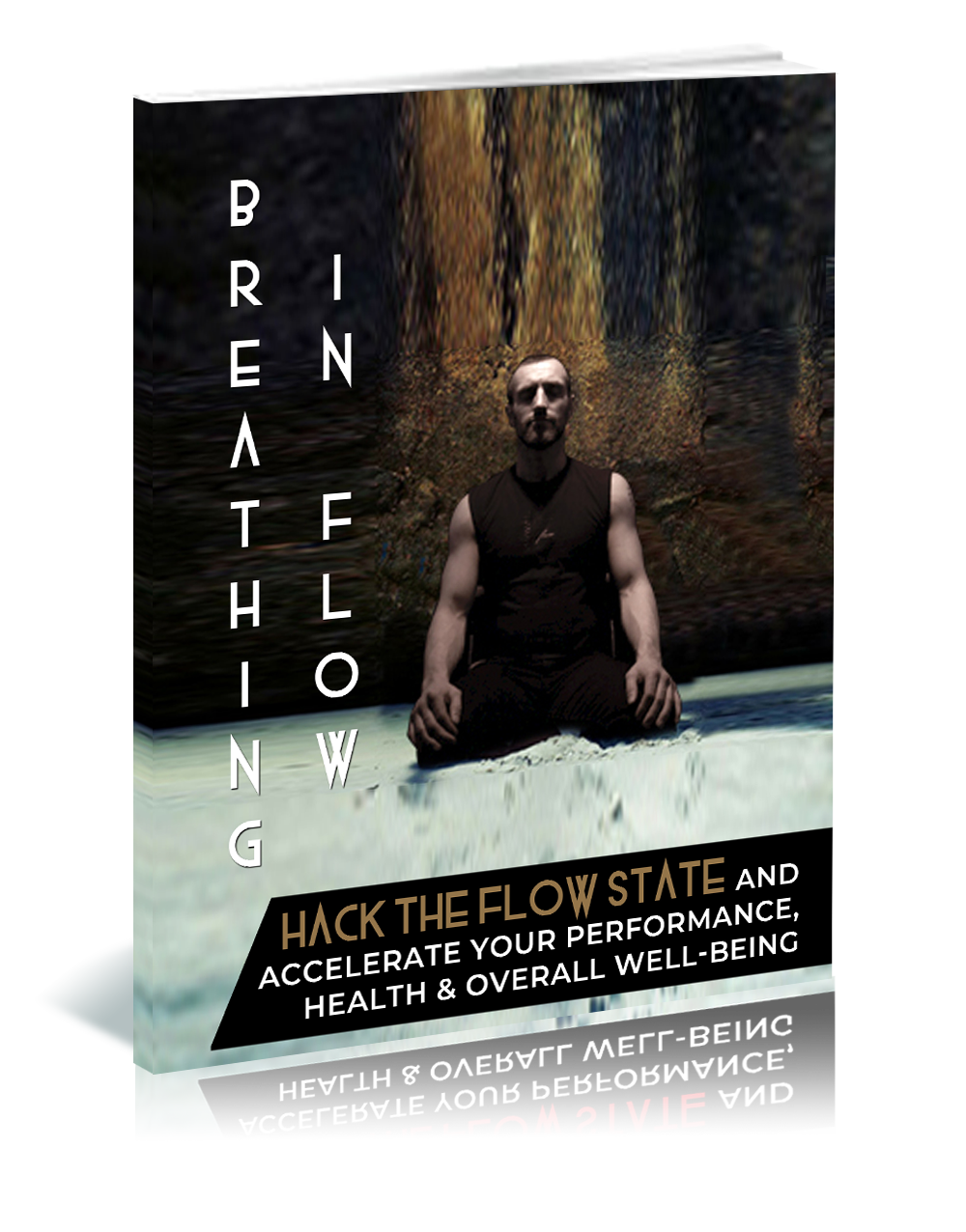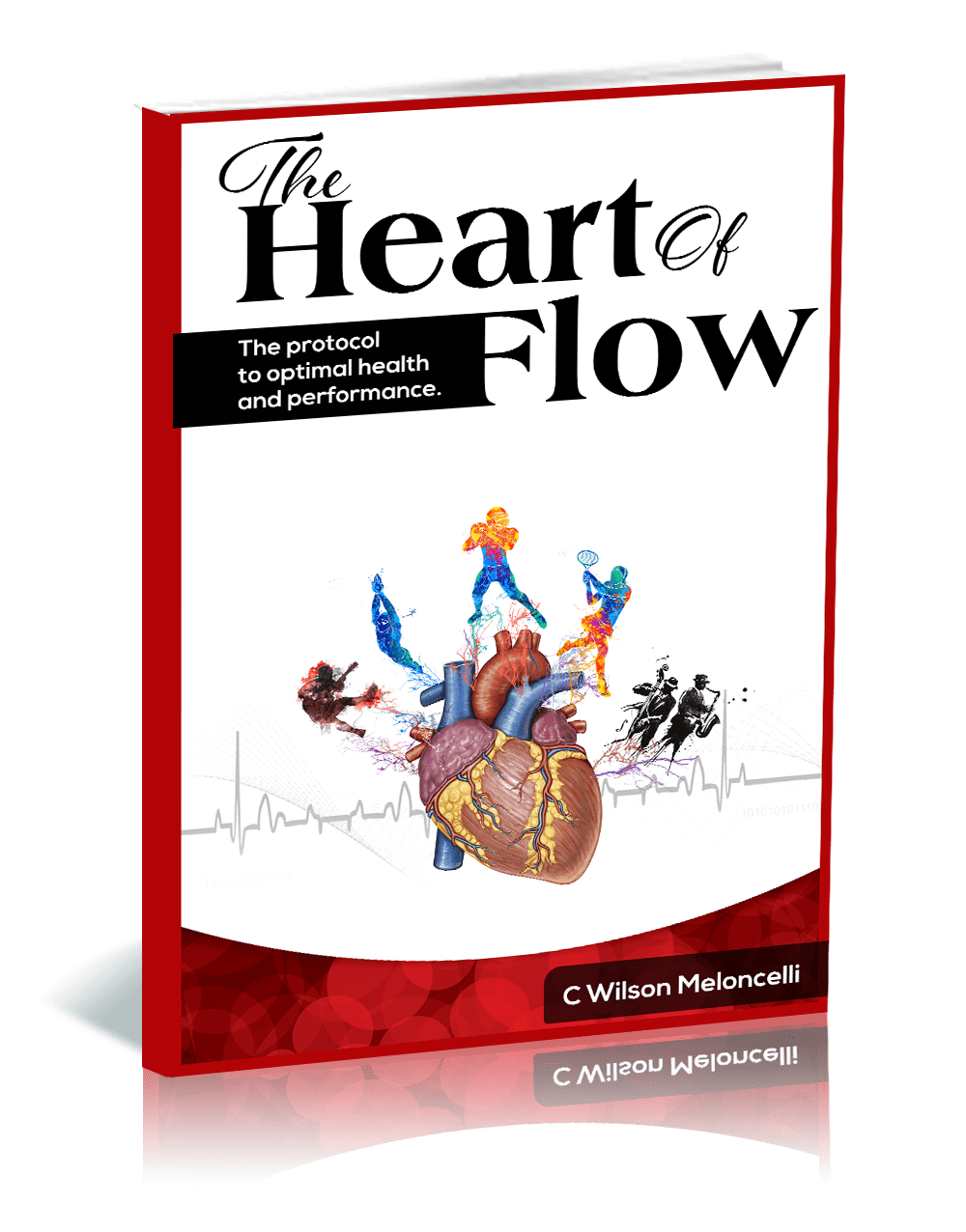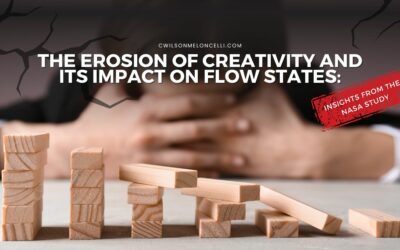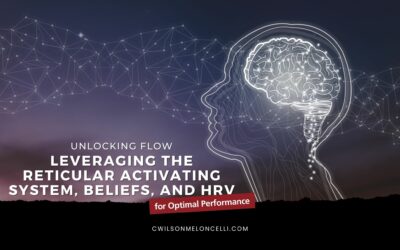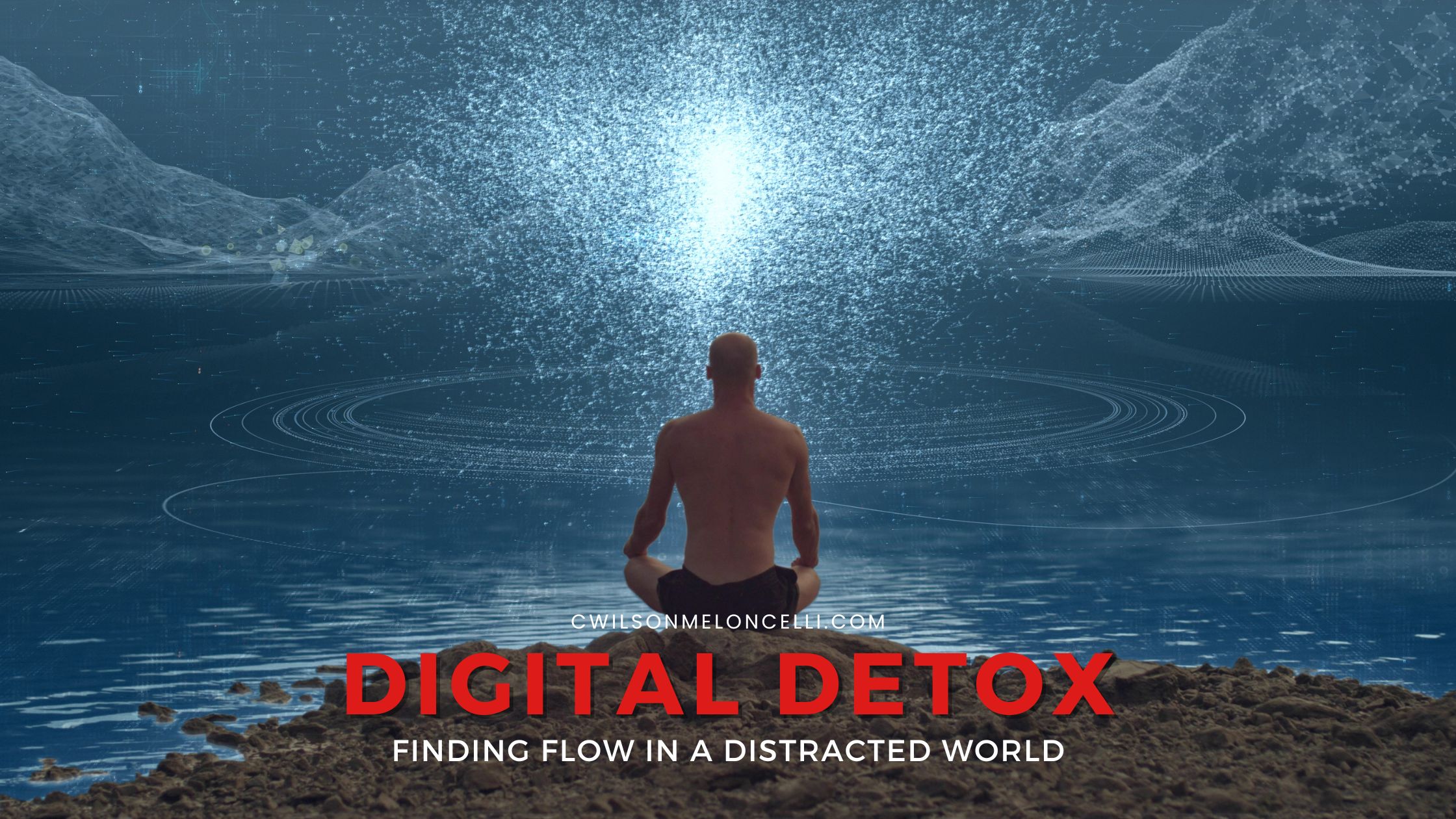 In the digital age, where technology pervades every aspect of our lives, finding balance and fostering mental well-being have become paramount. The concept of a digital detox, a conscious decision to reduce the time spent on digital devices, is gaining traction as a means to alleviate stress and enhance life quality. Coupled with the pursuit of flow—a state of heightened focus and immersion in activities—this approach offers a pathway to reclaiming our mental space from the clutches of digital distractions.
In the digital age, where technology pervades every aspect of our lives, finding balance and fostering mental well-being have become paramount. The concept of a digital detox, a conscious decision to reduce the time spent on digital devices, is gaining traction as a means to alleviate stress and enhance life quality. Coupled with the pursuit of flow—a state of heightened focus and immersion in activities—this approach offers a pathway to reclaiming our mental space from the clutches of digital distractions.
Understanding the Nervous System and Flow
Flow, a psychological concept introduced by Mihaly Csíkszentmihályi, is the experience of complete absorption in an activity, where time seems to stand still, and performance is at its peak. Our philosophy enriches this concept by emphasizing the balance between the sympathetic and parasympathetic nervous systems, crucial for achieving such states. Understanding and harmonizing our body's response to stress and relaxation allows for better management of digital stimuli, paving the way for flow.
The Neuroscience Behind Flow
Diving deeper into the neuroscience, flow states are associated with the release of dopamine, enhancing focus, motivation, and creativity. Additionally, the phenomenon of transient hypofrontality, where the prefrontal cortex diminishes in activity, leads to reduced self-consciousness and time distortion, hallmark experiences of being "in the zone." This neuroscientific perspective underscores the importance of nurturing our brain's health through reduced digital exposure and targeted practices to achieve flow.
The Role of Heart Rate Variability (HRV)
HRV stands as a pivotal measure in this context. High HRV indicates a healthy balance between stress and relaxation responses, essential for self-awareness and flow. Techniques such as nasal breathing exercises, meditation, physical activity, and tailored nutrition and sleep routines not only enhance HRV but also mitigate the impact of digital overload.
Techniques to Enhance HRV and Reduce Digital Distraction
- Breathing Exercises and Meditation improve HRV and foster a state conducive to flow. - Physical Exercises and Custom Nutrition and Sleep Routines support nervous system health and resilience against digital stressors. - Task Planning and Organization in alignment with natural rhythms minimizes the cognitive load from multitasking and digital notifications.
From Mindfulness to Beingfulness
Evolving from mindfulness to beingfulness invites a deeper state of presence, crucial for engaging deeply with our environment and tasks, away from digital interruptions.
The Autotelic Experience and Spiritual Dimension
Embracing activities that are intrinsically rewarding, or autotelic, connects us with our authentic selves and the spiritual realization of "All is One." This connection enhances our capacity for flow, independent of digital distractions.
Impact of Digital Distractions on Cognitive Functions
Digital distractions have a tangible impact on our cognitive functions, fragmenting our attention and impairing memory and learning capabilities. By understanding these effects, we can appreciate the necessity of digital detox and flow practices for cognitive and emotional well-being.
Practical Tips for Managing Technology Use
To integrate these insights into daily life: 1. Schedule Digital Breaks and establish Technology-Free Zones. 2. Consume digital content mindfully and engage in regular physical activity. 3. Practice mindfulness and beingfulness to nurture a focused, present state of mind.
Implementing Digital Detox Practices
Consider exploring digital detox retreats, workshops, and personal testimonies to inspire and motivate changes in digital habits. Tools and apps that monitor app usage and facilitate focused work sessions can also support your journey towards digital well-being and flow. This exploration of digital detox and the pursuit of flow in a world saturated with digital stimuli concludes not just as a call to introspection but as a proactive guide towards reclaiming our mental serenity and enhancing our capacity for deep, meaningful work. By delving into the neuroscience of flow, acknowledging the critical role of Heart Rate Variability (HRV), and recognizing the disruptive power of digital distractions, we chart a course towards a more engaged, productive, and spiritually fulfilling existence. The journey from being constantly online to achieving a state of flow is not merely about restricting technology use; it's about fostering a lifestyle that prioritizes mental well-being, creativity, and intrinsic satisfaction. To embark on this transformative path, start with small, intentional steps. Schedule regular digital breaks, create technology-free zones in your life, and engage in activities that nourish your body and mind, like meditation, physical exercise, and tasks that align with your natural rhythms. These practices not only enhance your HRV but also build resilience against the cognitive fragmentation caused by digital overload. To learn more about HRV and how to access the flow state anytime and everytime you want, watch this tutorial. Thanks for reading. Wilson 


